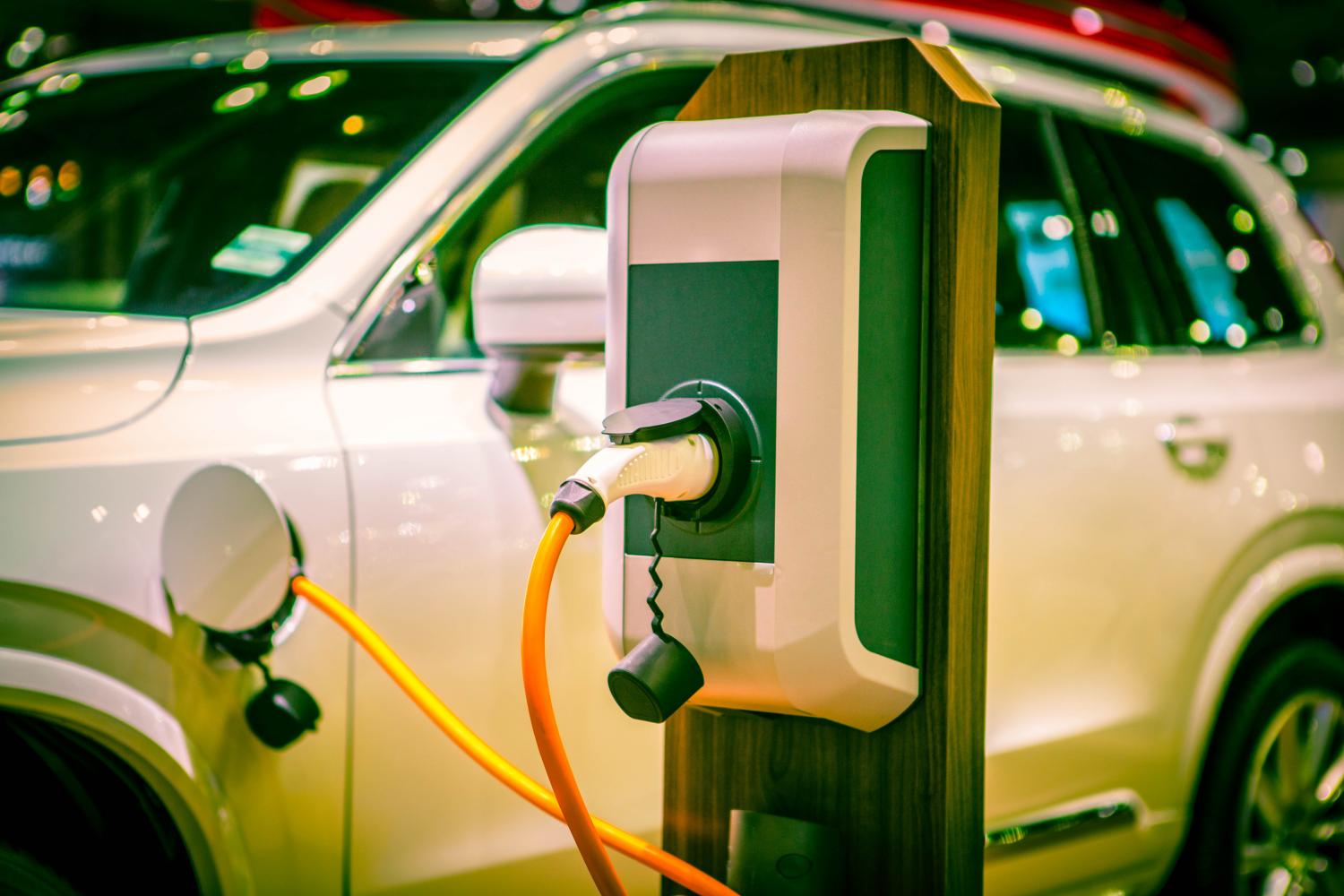
Almost three in four Thais don't believe the current electric vehicle (EV) charging infrastructure is adequate, even though there is clearly an appetite among drivers to make the switch to EVs, according to a new survey by ABeam Consulting Thailand.
Thai respondents to the survey, undertaken in October 2021, are positive about the benefits of owning a full electric car, with over half (55%) believing that buying a battery electric vehicle (BEV) is more cost-effective than owning a conventional internal combustion vehicle in the long run. Almost half of all respondents (48%) also believe BEVs offer reliable quality, and two in five (41%) said they would enjoy driving a BEV.
In addition to the driving experience, concern for the environment and incentives to buy were also important, according to ABeam, which offers services that help companies develop their EV strategy.
Seven in 10 drivers (71%) believe buying a BEV will help mitigate the impacts from climate change, and 43% agree that the government is offering enough incentives for promoting BEVs.
Every year the number of EV sales is increasing, with sales in 2021 surpassing the total for all of 2020 by October. However, despite strong sentiment towards owning a full EV among Thai drivers, just 3% of all car buyers who plan to buy a car within the next three years believe their next purchase will be a BEV.

A lack comprehensive infrastructure is the main barrier for Thai drivers when thinking about buying a full electric vehicle. Almost three in four (72%) believe there are not enough public charging stations, and 67% are concerned they'd run out of power during their journey.
Half of the respondents (50%) worry about charging taking too long, and two-thirds (66%) want to be able to fully charge in less than an hour.
At least 50% of Thai buyers think that charging station coverage of at least 80% or more nationwide is needed in comparison to petrol stations to make EVs feasible, but currently there are only around 1,000 public charging stations in Thailand, compared to around 30,000 petrol stations.
"As EV adoption grows, charging infrastructure needs to do the same as drivers will need a place to charge," said Jonathan Vargas Ruiz, head of Asean automotive strategy at ABeam Consulting (Thailand).
"While there was good growth of charging stations in 2020 due to good partnerships being established between car manufacturers and energy providers, more needs to be done to strengthen the infrastructure and incentivise collaboration.
"Technology is now available to simulate traffic patterns, congestion and commuting routes and this can help identify the best locations for EV charging stations in Bangkok initially, but this has to happen soon or an opportunity may be missed."







